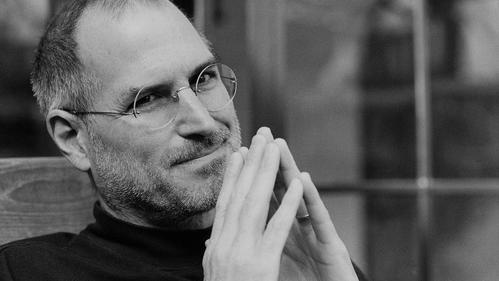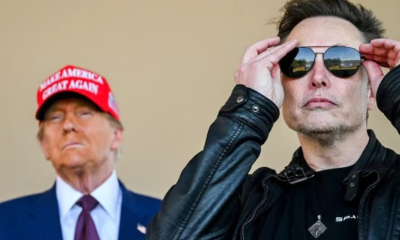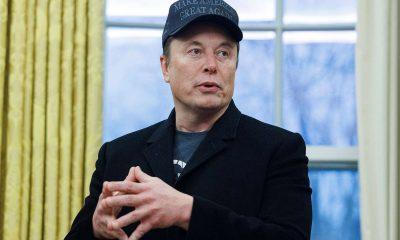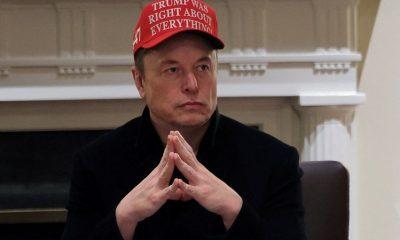411
Why Steve Jobs Remains the Gold Standard in Technology Leadership

In an era where tech moguls are increasingly scrutinized for their personal conduct and values, one name continues to rise above the rest: Steve Jobs.
For years, many believed that technology leaders made better leaders. But recent public sentiment suggests otherwise. The reputations of current industry titans like Elon Musk and Mark Zuckerberg have taken significant hits, and their actions raise questions about the ethical fabric of Silicon Valley’s most powerful figures.
One writer observed that Jobs may have been the last beloved tech leader the world has seen. Beyond affection, Jobs may also have been the last truly great tech leader—not just for his revolutionary products, but for his human-centered leadership values.
Where Others Fall Short
Take Elon Musk. Once hailed as the heir to Jobs’ innovation crown, Musk initially inspired millions with his work on Tesla and SpaceX. However, his increasing involvement in politics, erratic behavior, and lack of compassion have alienated many. Despite creating world-changing technology, Musk seems disconnected from the people those innovations serve.
Mark Zuckerberg is another cautionary tale. The Facebook founder transformed global communication, but according to revelations by Sarah Wynn-Williams, he knowingly abused user data and allegedly misled the public. If these claims hold, Zuckerberg’s legacy becomes one of broken trust. And yet, millions still look up to him.
These leaders once set trends. Zuckerberg’s “Move Fast and Break Things” mantra echoed across global startups. Musk’s promotion of “hardcore” work culture, defined by sleepless nights, was also widely copied. Unfortunately, both approaches now feel disconnected from the responsibilities real leadership demands.
The Timeless Appeal of Steve Jobs
Unlike today’s giants, Steve Jobs combined innovation with a relentless pursuit of beauty and purpose. His approach wasn’t just about making great products; it was about building something that reflected care, craftsmanship, and vision—even in parts users never saw.
Jobs famously made his team sign the inside of their computers and demanded that even the invisible internal components be elegantly designed. His legacy lives on through not just Apple or Pixar, but also through initiatives like the Steve Jobs Archive and the Steve Jobs Fellowship, established by his widow Laurene Powell Jobs.
These programs don’t just commemorate his legacy—they aim to nurture the next generation of ethical, visionary leaders. The Fellowship provides stipends, mentorship, and access to a vibrant creative community, all built on Jobs’ belief that great tools and support systems empower people to do incredible things.
The Leadership We Need
The contrast couldn’t be clearer. While Zuckerberg and Musk chase headlines—and often court controversy—Jobs’ work continues to inspire, long after his passing.
Yes, Jobs had flaws. But his leadership showed that innovation does not have to come at the expense of ethics, trust, or human decency. That message is more important now than ever.
As the tech world searches for its next true leader, perhaps the answer isn’t ahead of us—but behind us. In a world grappling with fractured trust and shallow ambition, Steve Jobs remains the blueprint for leadership that creates, uplifts, and endures.
{Source: IOL}
Follow Joburg ETC on Facebook, Twitter , TikTok and Instagram
For more News in Johannesburg, visit joburgetc.com



























